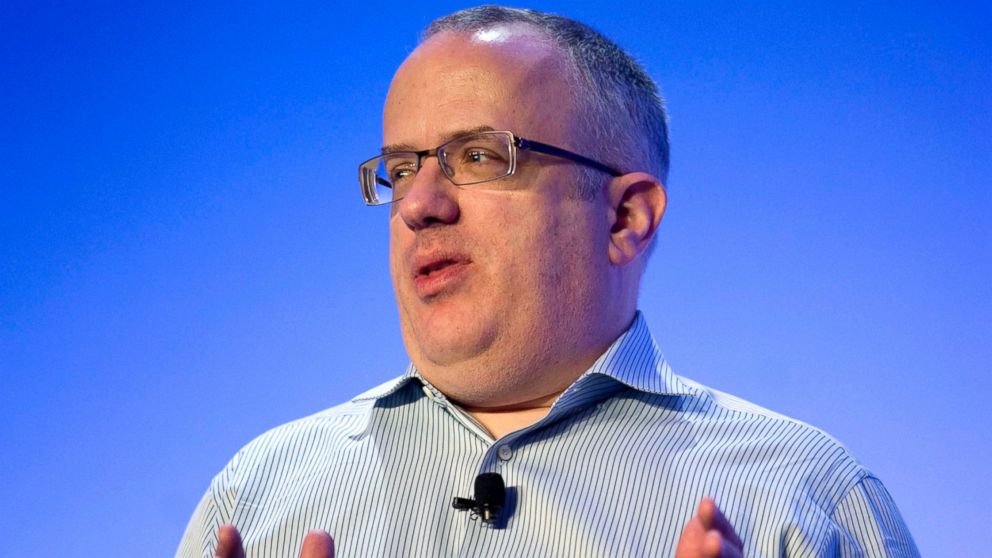After only eleven days on the job, the new CEO of Mozilla resigned. His short stint was not the product of a crime, lying, fraud, infidelity or poor work performance. His “crime” was that he spoke his mind on a political issue and people didn’t like it.
Videos by Rare
Former Mozilla CEO Brendan Eich donated $1,000 to support Proposition 8 in California in 2008. Proposition 8 was the referendum to recognize marriage in California as only between a man and a woman. Mr. Eich supported the traditional definition of marriage with his $1,000 in support of the referendum.
If you think Mr. Eich’s position on the issue makes him outrageously out of touch, at the time, he was on the side of the majority; 52 percent of California voters voted in favor of Prop 8.
Fast-forward to 2014 and Mr. Eich finds himself in the auspicious position of being appointed CEO of Mozilla, widely known for its Firefox search engine.
Not long after, it was revealed that Mr. Eich made this donation to support traditional marriage and almost instantly, the social media outrage machine was rolling. Members of the LGBT community, including developers for Mozilla, launch a concerted social media campaign to oust Mr. Eich.
They were upset that Mr. Eich didn’t apologize for his support of traditional marriage and labeled his view of traditional marriage as “hateful.” Even after attempting to divorce his personal beliefs from his ability to execute his job, the LGBT community wasn’t satisfied. As a result, Mr. Eich resigned.
The thrust of the LGBT campaign against Mr. Eich is based on the idea of openness and diversity, but the blatant hypocrisy of this is laughable when you consider that their position towards differing views are neither inclusive nor diverse.
Mr. Eich made a political donation, which is a form of speech. Those opposed to the content of Mr. Eich’s speech similarly exercised their First Amendment rights to speak out in opposition to his viewpoint.
It is important to recognize that the opposition to Mr. Eich’s speech has every right to speak their minds, just as Mr. Eich had the right to speak his mind through his checkbook.
The question isn’t about rights so much as it is about tolerance. It’s strange to find ourselves in a world that suddenly finds a traditional view of marriage so offensive that it is deemed impossible for someone to execute a job because of this single view point.
The Mozilla episode also reveals the power of social media and people’s willingness to bend to the mob mentality. We are dealing with a new source of influence that we’ve never seen before.
We shouldn’t be so quick to bend to the whims of the masses without considering the precedent this sets. This is why our founders warned against the concept of a direct democracy; they feared government being dictated by the mindless whims of the masses.
But in the case of Mozilla, we aren’t talking about government. We are talking about the social covenant that drives our associations as free people, amplified by the advent of social media.
What social media and those opposed to Mr. Eich have done is potentially stifle future political speech, exactly the opposite of what we want in America. At the same time, they achieved this by exercising their freedom of speech, which should be encouraged.
The tension becomes the tactful difference between freedom of speech and the abuse of that freedom to bully.
Just because someone has different beliefs doesn’t mean they are incapable of judiciously executing their professional job. The fact that professional life and private views have become inseparable is a sad statement on those who claim to want tolerance and diversity.
Tolerance does not mean sacrificing your own values, but it does mean recognizing the right of others to have different values from you. Proponents of traditional marriage are no more entitled to their support than those who support gay marriage. However, it is disingenuous to say that Mr. Eich wasn’t open and tolerant when the opponents themselves became the Gestapo of marriage beliefs.
This episode is ultimately a disservice to the gay community. Many Americans do, in fact, support gay marriage, but nobody likes a bully.



